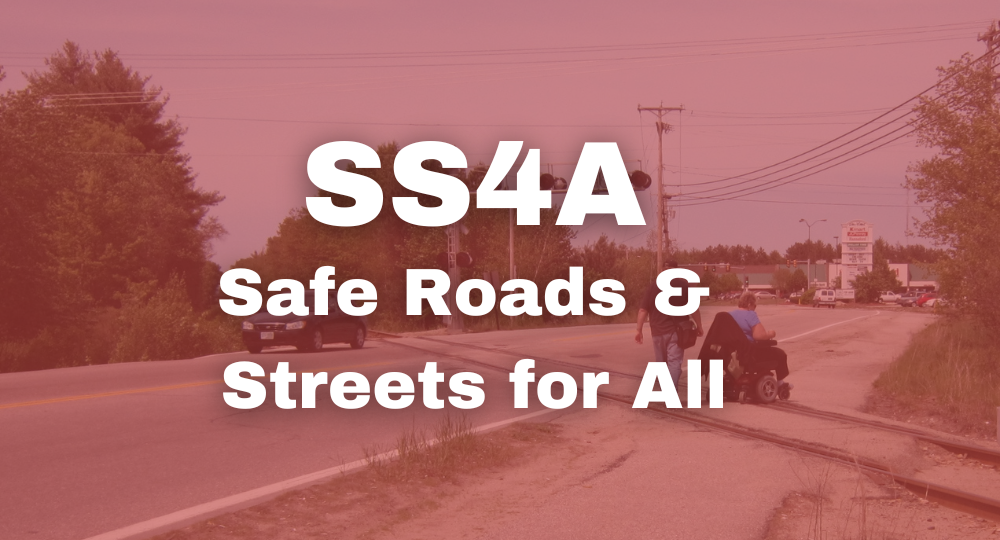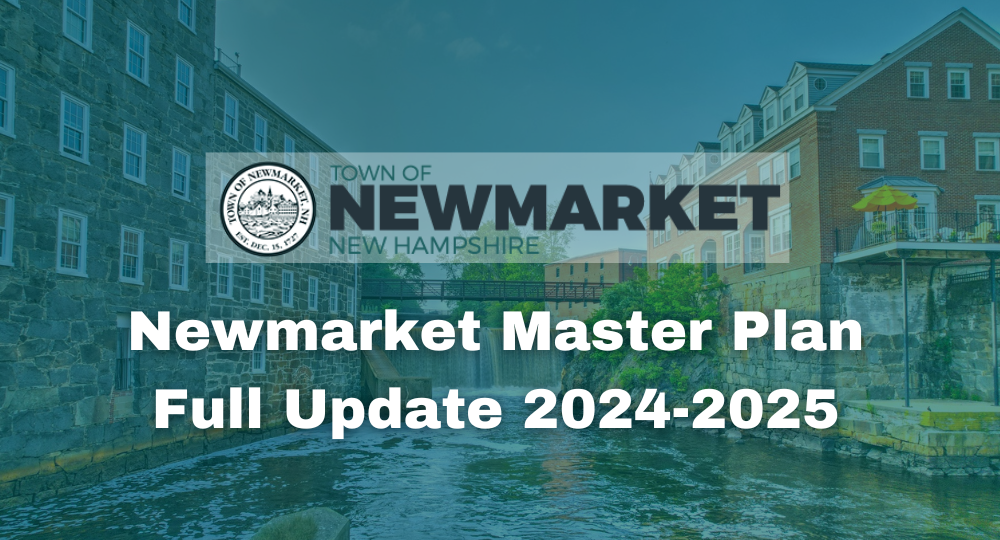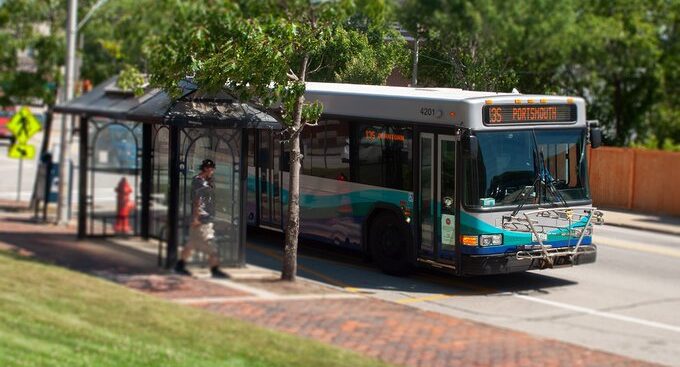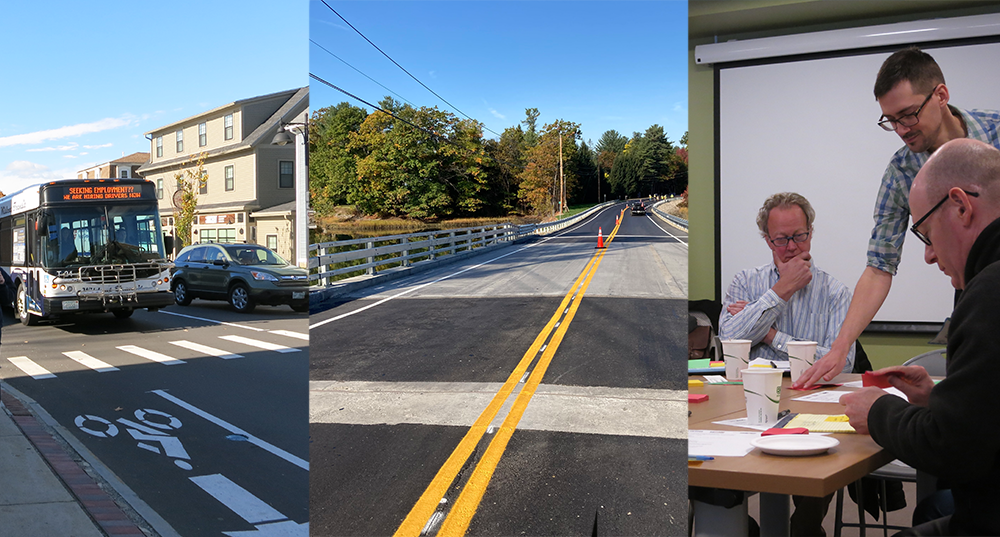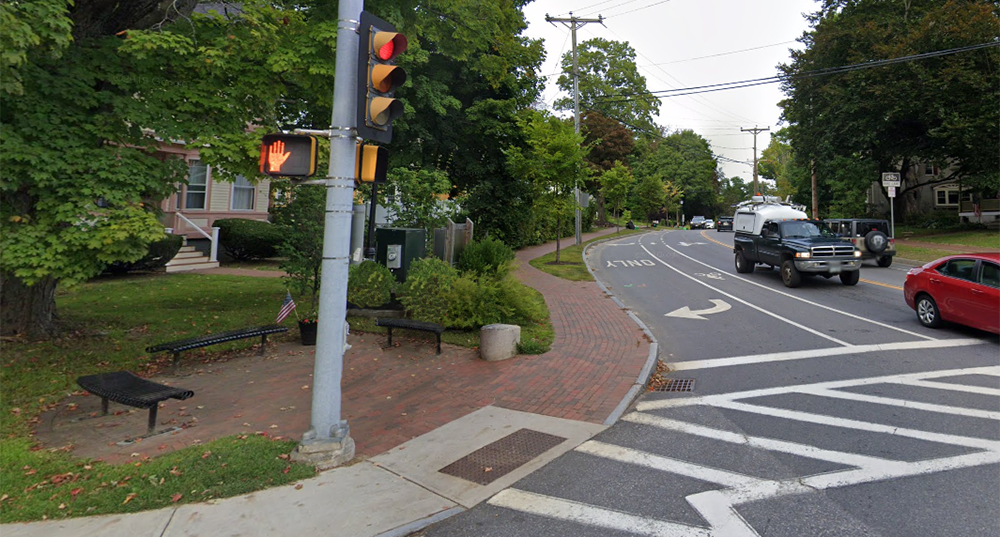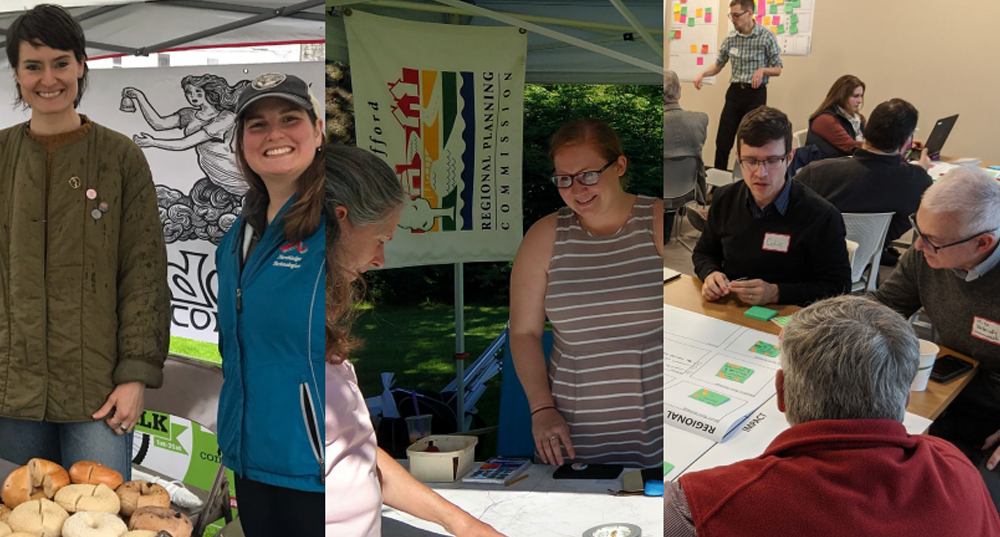UPWP
Overview
The Unified Planning Work Program (UPWP) is a set of planning priorities and work activities that SRPC will address over a two year period. The UPWP is required as part of the Continuing, Comprehensive, and Cooperative (3C’s) planning process that is specified in the Federal rules for Metropolitan Planning (23 CFR 450:314). The “unified” aspect of the document means that it encompasses all MPO transportation planning activities that are foreseen, regardless of funding source or implementing agency. The UPWP includes a wide range of tasks and projects: development of specific things like the Metro Plan and TIP, public outreach efforts and MPO committee meetings, data collection and analysis, and a number of technical assistance programs to agency and municipal partners.
This part of the UPWP is for the administration of SRPC’s transportation work and its contractual agreements. Primary products are financial, legal, and program reports and other administrative documentation.
This part of the UPWP is for development and updates to foundational planning documents like the Metropolitan Transportation Plan, Transportation Improvement Program, and Statewide Ten Year Plan. It often includes other studies and individual planning efforts such as corridor plans.
This part of the UPWP is focused on public outreach and engagement that are central to the MPO process. MPO’s are transparent agencies governed by the residents they serve. This UPWP section includes information about regular committee meetings and efforts to reach the people of the Strafford region.
This part of the UPWP describes SRPC’s diverse data collection and analysis programs. They include traffic, bicycle, and pedestrian counts, infrastructure assessments, Geographic Information Systems (GIS) analysis and mapping, and other tools like the regional transportation model.
The last section of the UPWP comprises a wide range of technical assistance programs including assisting municipalities, state, and federal agencies; supporting local project development for specific transportation funding opportunities; and collaborating with regional public transit providers.







